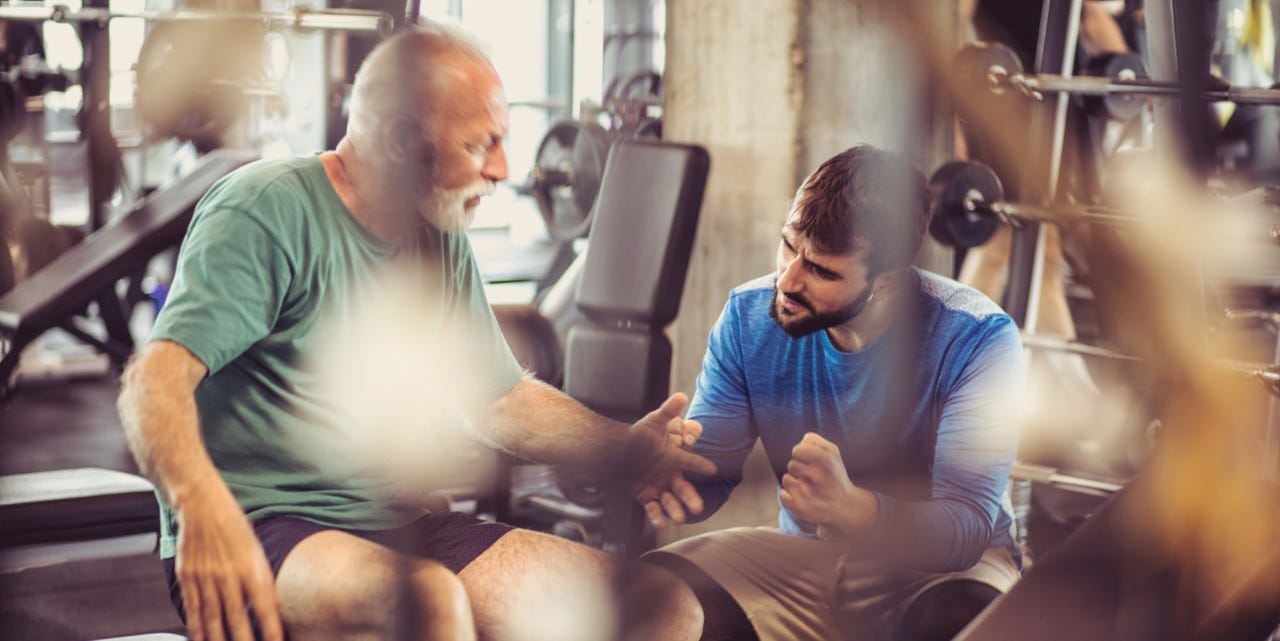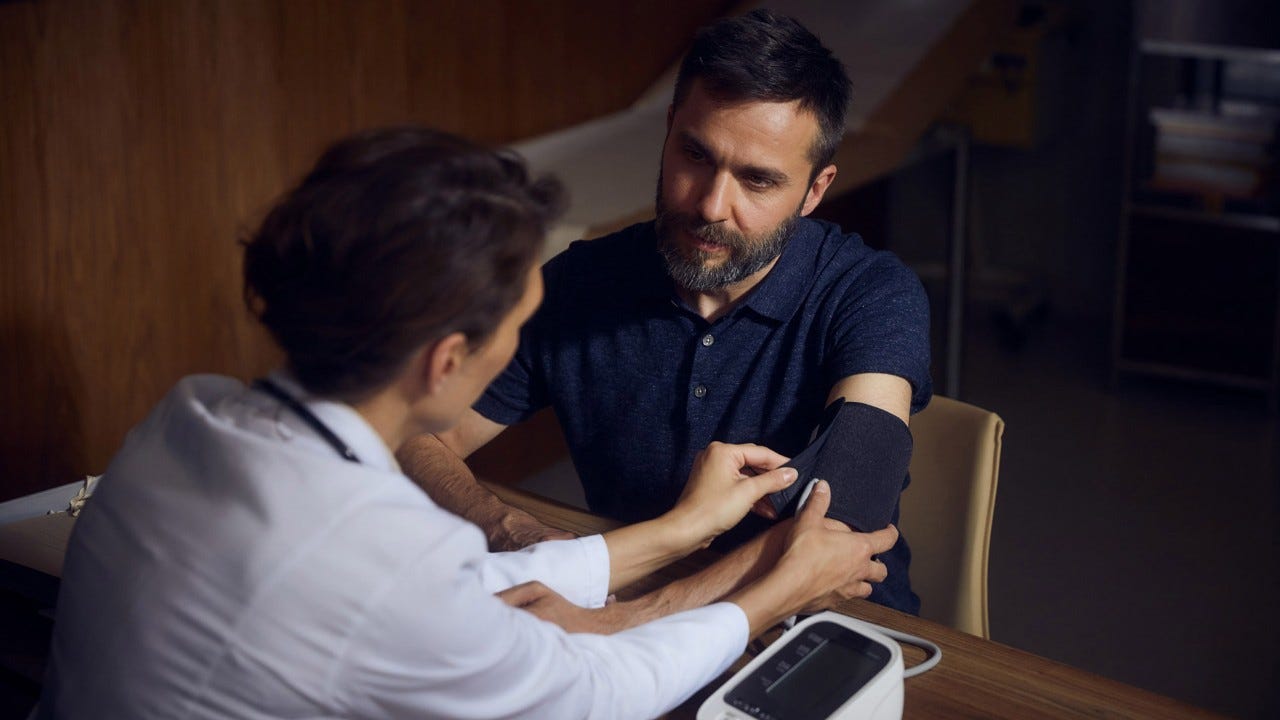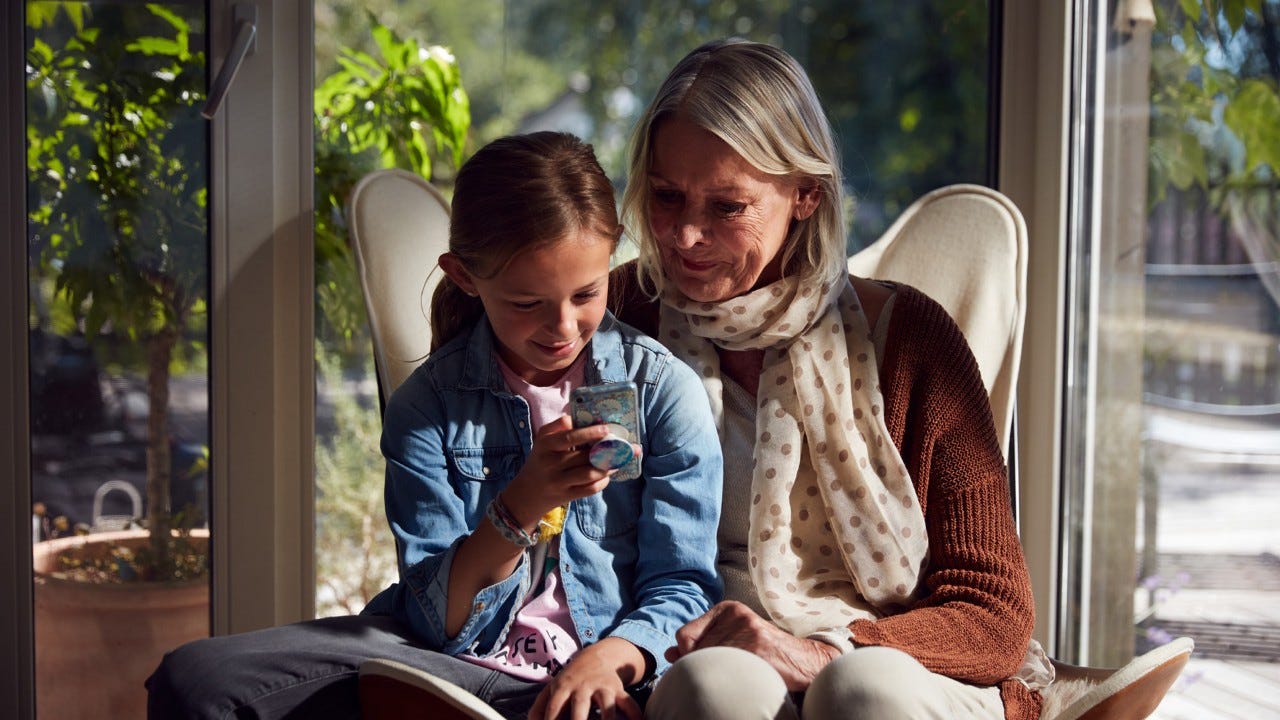Benefits of balance training
It’s normal to trip now and again, but a fall at home in old age can have serious consequences. Prevention would be very simple, says expert Barbara Zindel from the Rheumaliga Schweiz.

- Ms Zindel, to be honest, I’ve never really thought about how to prevent falls. But I’m only 35. Is that a mistake?
- Why?
- And is it mostly older people who fall?
- So a fall can be life-changing?
- So you’re saying that we should walk along logs more often?
- Those are things that I can change in me. Are there also external risks that I can minimise?
Ms Zindel, to be honest, I’ve never really thought about how to prevent falls. But I’m only 35. Is that a mistake?
You’re definitely not alone! Most people only think about how to prevent falls after they’ve actually fallen – and suffered the consequences. When we’re young, we fall less often and, when we do, there’s really not much harm to it. Falling over isn’t a problem in itself – that’s all part of walking on two legs. However, falls pose a bigger risk as we get older.
Why?
Because as we get older, our muscles get weaker and we lose our sense of balance. We’re more likely to fall and, when we do, it often has serious consequences. Take a look at the figures: one in three people over the age of 65 falls once a year, and two in three people over the age of 75. In Switzerland alone, over 1 million people are injured in accidents each year, with over half of these the result of accidents at home or during leisure time. Over 200,000 of these are related to falls. The financial consequences are also substantial: falls account for CHF 4.9 billion a year.
And is it mostly older people who fall?
Yes, half of those who fall are over 65, accounting for 100,000 falls per year. This is often tough, because falls have consequences: pain, of course, but also fractures. And this in turn leads to hospitalisation, restricted mobility and pain medication. Many people are also scared of losing their independence. After a fall, some people have to go to a nursing home, or they are no longer as mobile.
So a fall can be life-changing?
Yes. That’s why it’s important to start training your balance when you’re young. The bad news is that your balance quickly deteriorates as you get older. However, the good news is that you can improve it in just a few weeks. You’ll notice rapid progress. Think about how it feels the first time you walk across a log – and how quickly your body adapts. You feel much more secure after a few attempts. This is also how you can minimise the fear of falling. Many older people are terrified of falling, with this fear regularly coming under the top five fears in surveys on the topic. However, fear causes the body to tense up and increases the risk of falling.
So you’re saying that we should walk along logs more often?
Well, that’s one way of practising. But you can also train your balance at home easily every day with a few simple activities. Even if you’re not particularly sporty, you can still incorporate balance exercises into your daily routine. For example, you can stand on one leg while brushing your teeth. Or practice standing up from a chair and sitting down again every day. That uses a lot of muscles. You should also train your leg muscles by doing more strenuous activities at least three hours a week. Muscle waste starts to set in from the age of 35 onwards. If you don’t do anything, you’ll already have lost half of your total muscle mass by the time you’re 70. That’s why it’s so important to start training early. Be prepared!
Those are things that I can change in me. Are there also external risks that I can minimise?
There are, of course, common trip hazards in the home, such as cables lying around, the edge of a rug or the raised step through to the terrace. Other factors include wearing unsuitable footwear, such as slippers on an icy driveway. And many people turn the light off at night to save energy and then fumble their way through to the bathroom in the dark. Most falls happen within the home, ironically because old people in particular are scared to leave their own four walls out of the very fear that they will have an accident. So you have to be prepared: practice keeping your balance now and again, eat a healthy diet with foods that are rich in protein and don’t forget to do strengthening exercises. Do that and you should have peace of mind.

